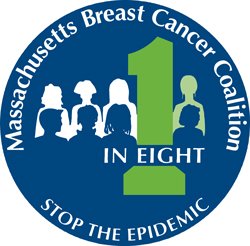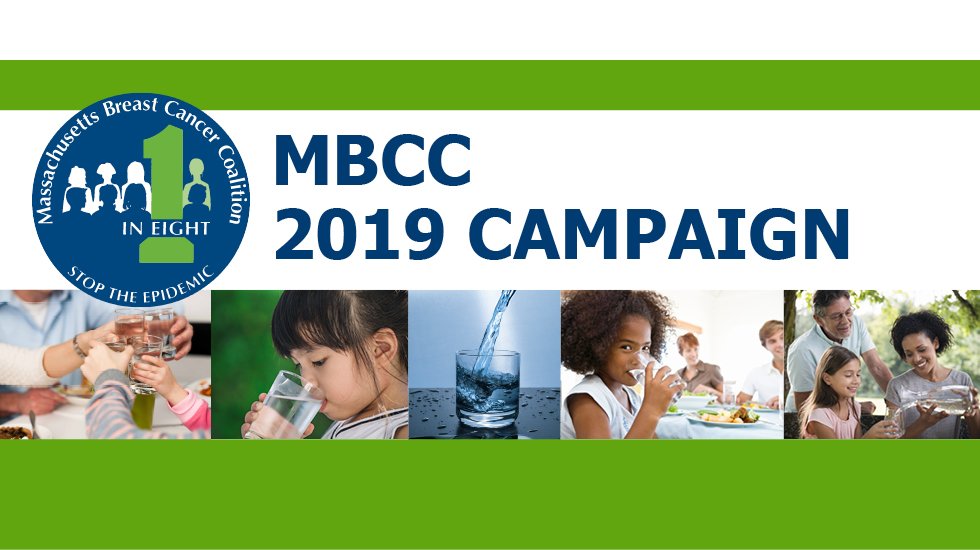June 2020 Update from MBCC’s Executive Director
Dear Friends in Prevention, I hope this finds you and your loved ones well during these truly challenging times. At the heart of Massachusetts Breast Cancer Coalition’s (MBCC) work for nearly 30 years there has always been a focus on environmental justice – this is reflected in the many groups and organizations we … Read more

